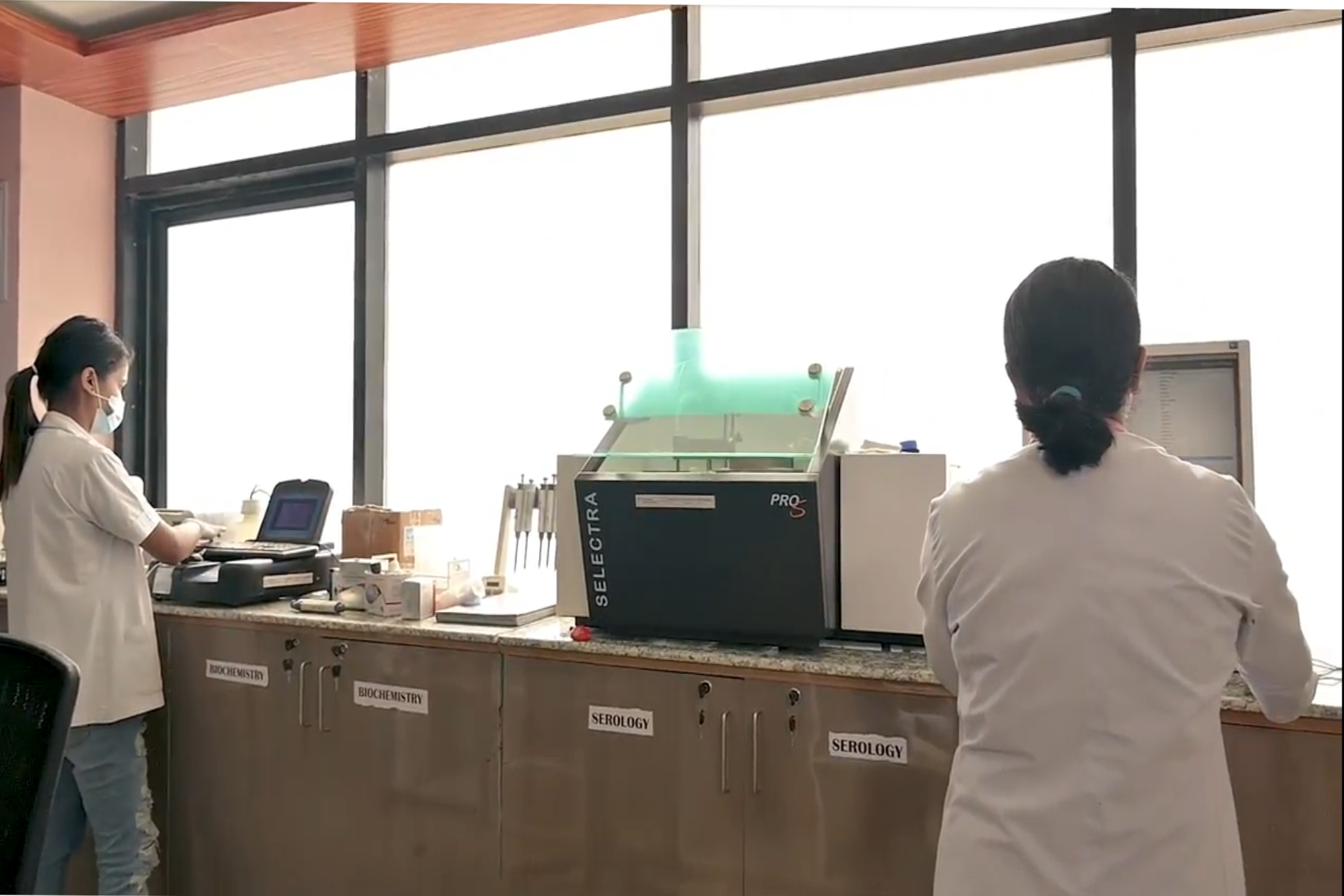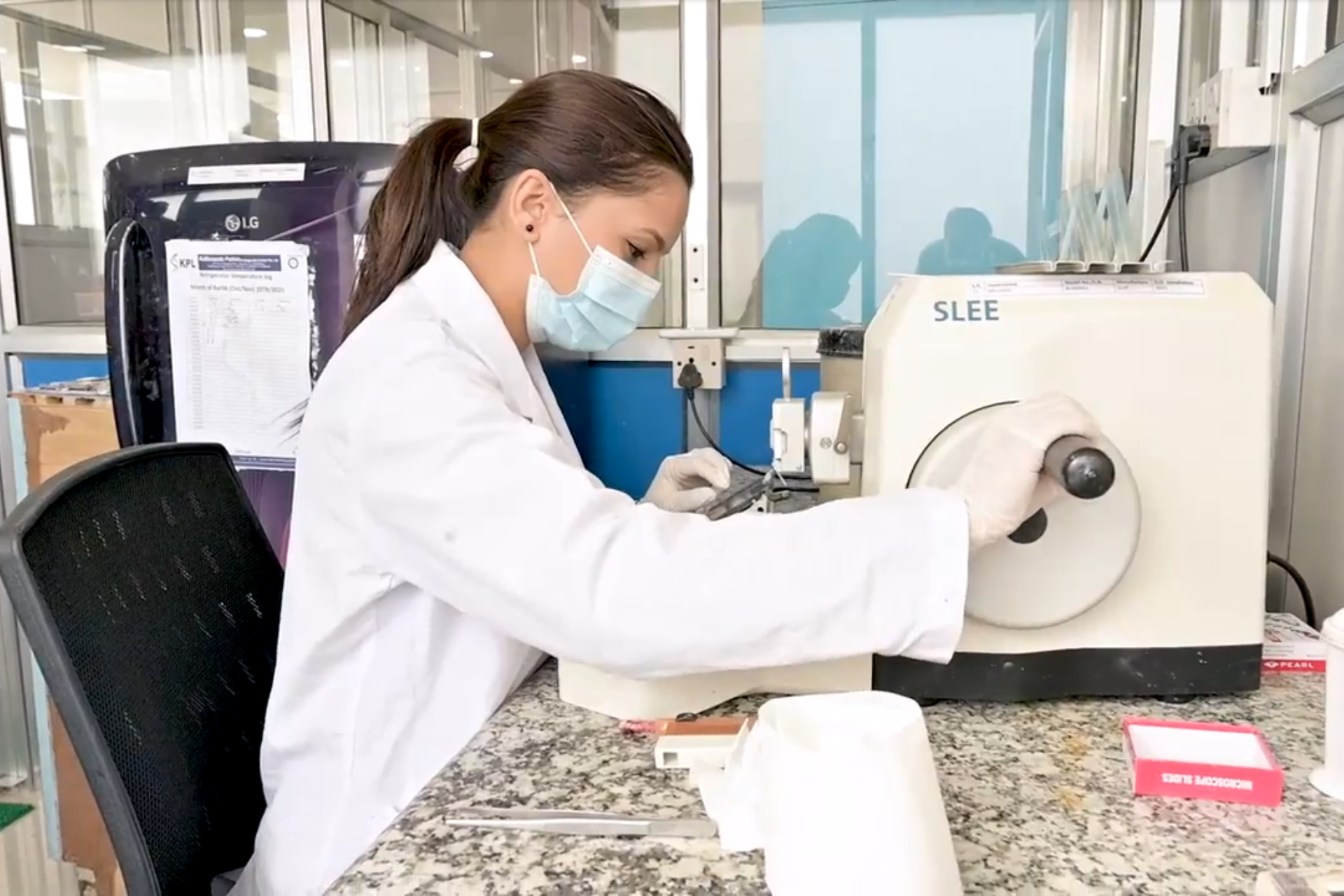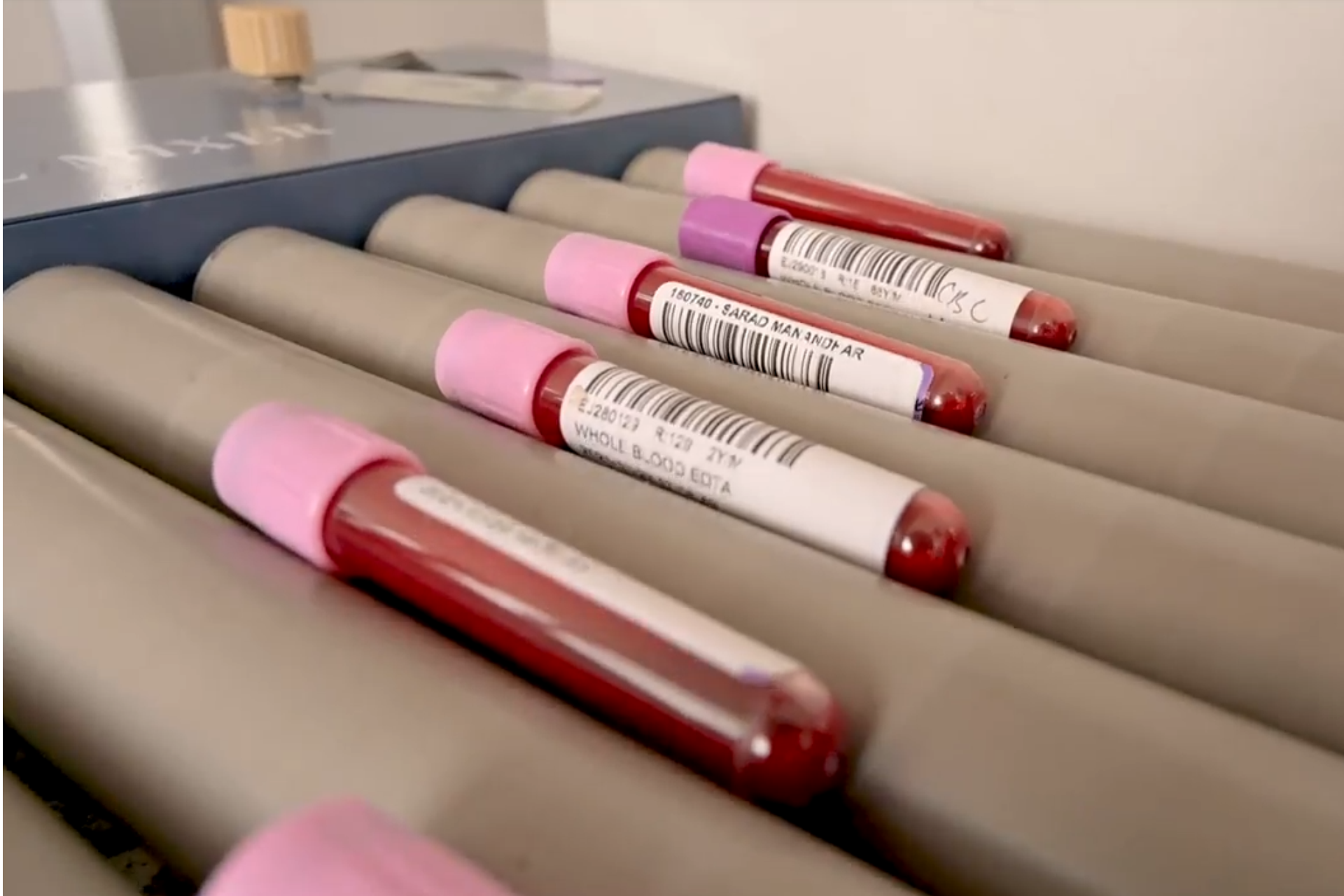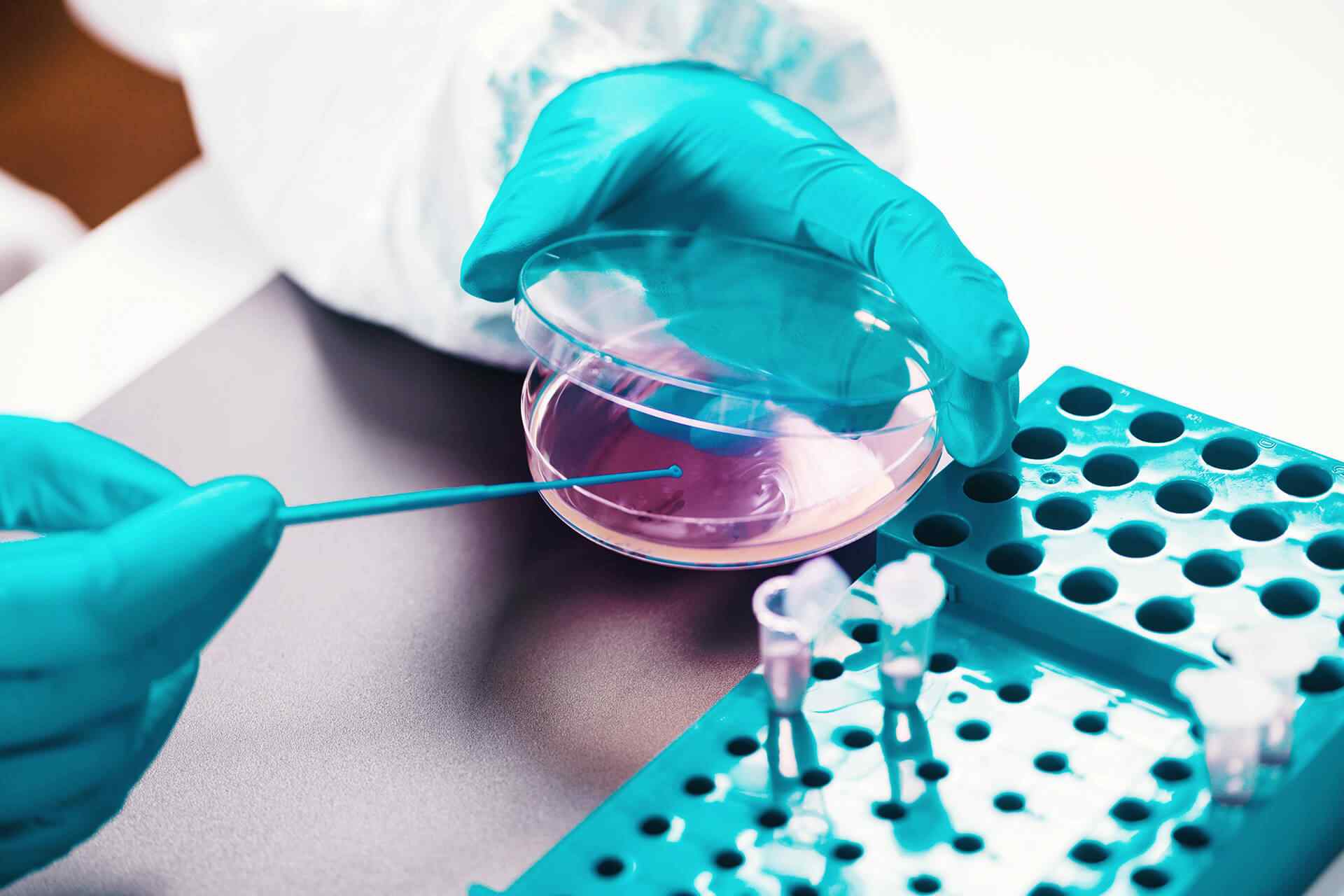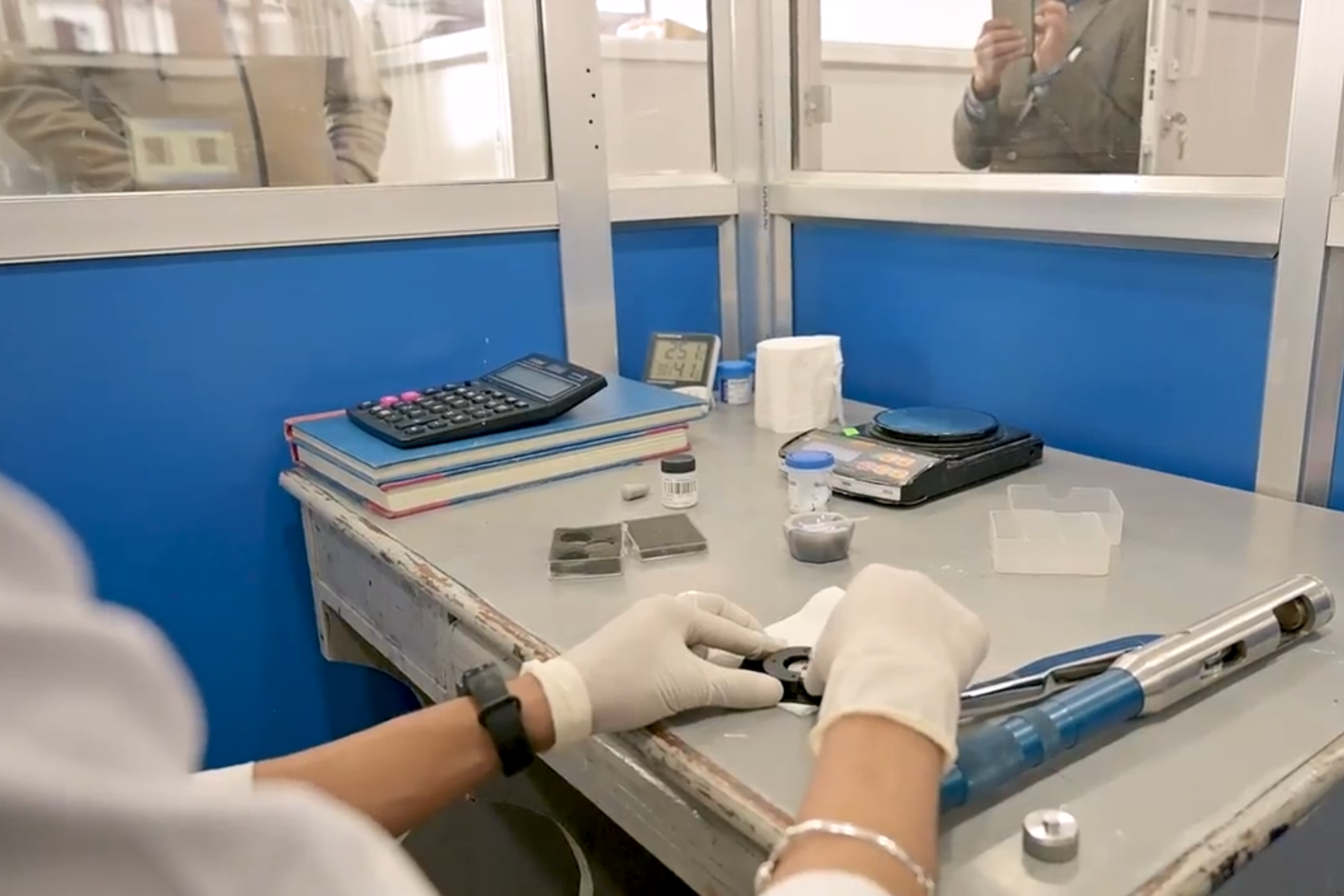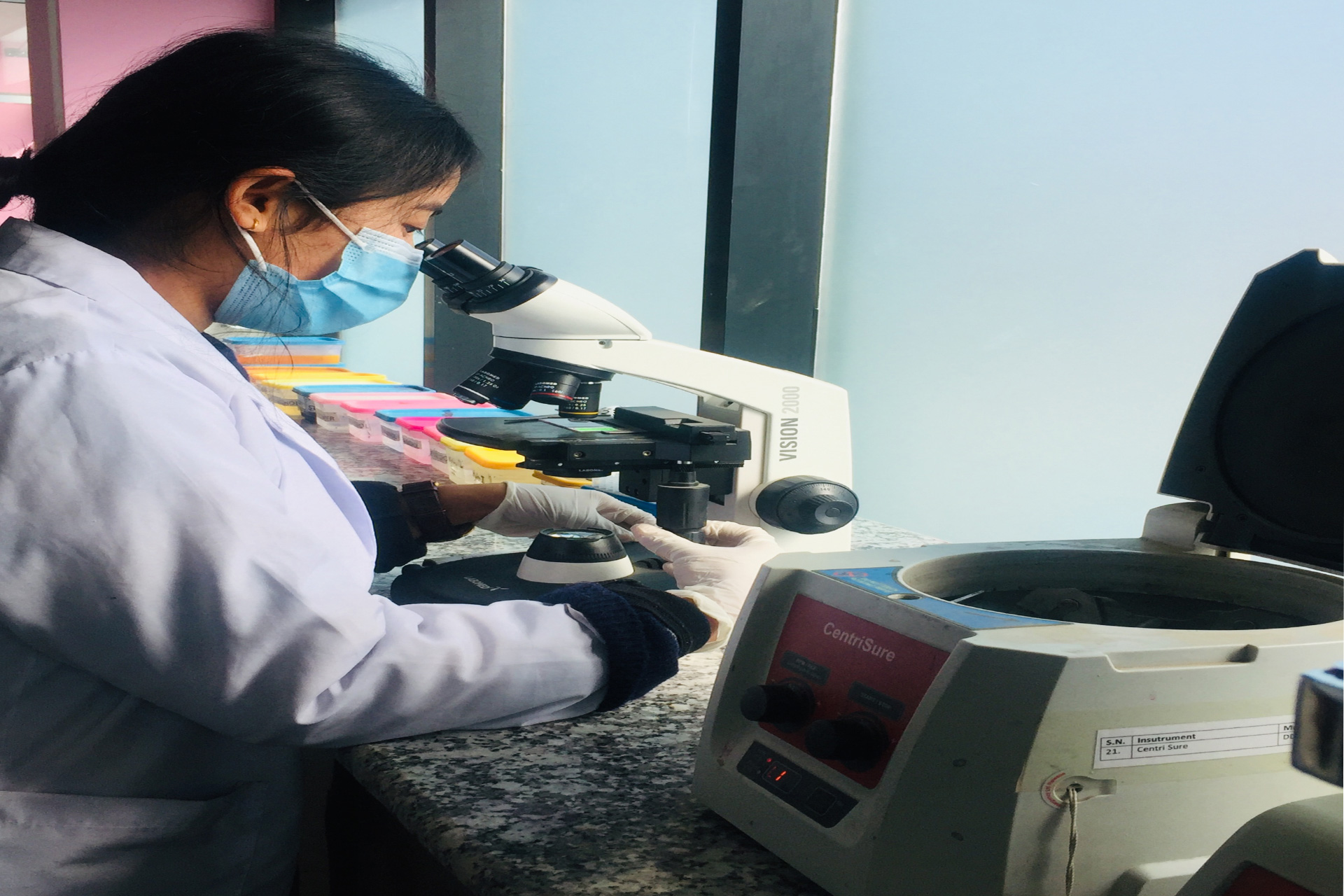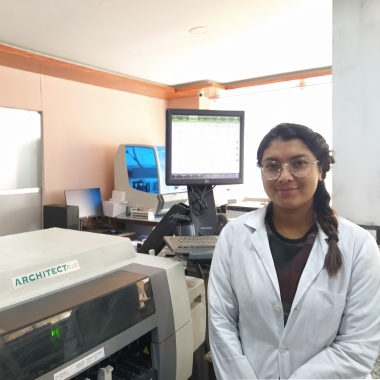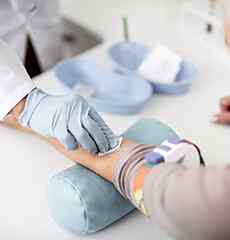CYTOPATHOLOGY
The testing utilizes the latest technologies to provide the most accurate results.
Cytopathology is a branch of pathology that deals with manifestations of disease at the cellular level. This is a field that is gaining tremendous momentum all over the world due to its speed, accuracy and cost effectiveness.
USES:
- Diagnostic aid as an alternative to tissue biopsy that drives treatment decisions.
2. As a screening tool; For eg, Pap smear for cervical cancer screening
3. As a follow-up for different diseases once an initial diagnosis has been made
4. For determination of different prognostic factors in cancer diagnosis
ADVANTAGES OF USING CYTOPATHOLOGY:
· Safe
· Simple
· Cost effective
· Quick
BRANCHES OF CYTOPATHOLOGY
Exfoliative cytology
The samples represent cells that exfoliate from superficial or mucosal surfaces. This includes:
- Gynecological samples: Eg; Pap smear samples for Cervical cancer screening, HPV testing etc
- Respiratory/exfoliative cytology: Eg; Sputum samples, Bronchoalveolar lavage etc
- Urine sample
- Body fluid: Eg; pleural fluid, pericardial fluid, peritoneal fluid, and cerebrospinal fluid etc
- Discharge cytology: Eg; Discharge from wound site, Nipple discharge etc
- Scrape cytology: Eg; Skin scraping
Fine Needle Aspiration Cytology (FNAC)
- This is a simple technique to obtain diagnostic cellular/ tissue material using a fine bore needle. It is safe, relatively easy, accurate and in many cases can be a less invasive alternative to tissue biopsy.





Accurate Product Testing by Expert Scientists





